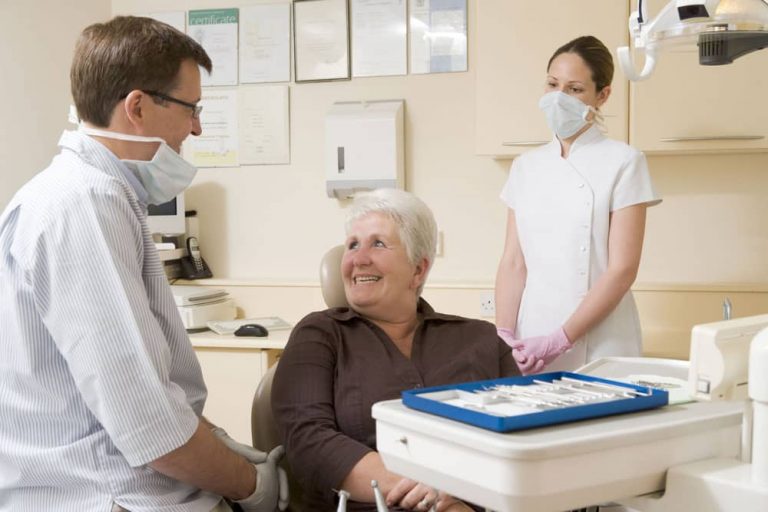Does the thought of having your teeth cleaned make your entire body tense with fear? Would you rather endure the agony of a toothache than step foot in a dentist’s office? You’re not alone. A lot of people are so phobic about going to the dentist that they prefer not to have any treatment.
The most important aspect of painless dentistry more important than pharmacological management is patient handling. We take utmost care in handling the patient gently and to consider their psychological and emotional needs.
For people who avoid dentists like the plague, oral sedation or inhalation sedation may take away some of their anxiety. Sedation can be used for everything from invasive procedures to a simple tooth cleaning. How it’s used depends on the severity of the fear. Oral sedation involves prescribing anxiolytic medication which is to be taken 1-2 hours before the dental appointment. These drugs are usually prescribed at the initial consultation if deemed necessary. The other options is inhalation sedation and we used Penthrox (https://en.wikipedia.org/wiki/Penthrox_inhaler) for that. In cases where the patients’ needs sedation, driving or operating heavy machinery is not indicated. Hence bringing along a friend or caretaker to take you back home safely is required.
We also used a highly effective topical local anesthetic called Oraqix (https://www.dentsply.com/en-us/products/Preventive/Anesthesia/Non-Injectable-Anesthesia/ORAQIX-(lidocaine-and-prilocaine-periodontal-gel)/p/PHA-6631211020.html#tabs=Features%20and%20Benefits) for teeth cleaning. Since it is a topical application, it is painless to use and makes scaling comfortable.
At Positive Dental Health, our main aim is to put the patient at ease with the procedure they are having. It may not always be possible because of certain phobic nature of the patient or also due to patients exhibiting the following traits….
• have a low pain threshold
• can’t sit still in the dentist’s chair
• have very sensitive teeth
• have a bad gag reflex
• need a large amount of dental work completed
It is always a practice with our dentists to understand the patient’s level of comfort during the procedures. Our dentists will also speak to the patient about the sensations they will feel during the procedure. Patients are open to discuss their fears and discomfort during or before the procedures. Gauging the level of anxiety in the patients the dentist may suggest some sedation during the procedure as follows
• Minimal sedation — you are awake but relaxed.
• Moderate sedation (formerly called “conscious sedation”) — you may slur your words when speaking and not remember much of the procedure.
• Deep sedation — you are on the edge of consciousness but can still be awakened.
• General anesthesia — you are completely unconscious.
Deep sedation and General anesthesia needs special administering and monitoring devices which has to be done by anesthetist and hence needs referral.
Most of the time, we use minimum sedation where in you breathe Penthrox. The gas helps you relax and tends to wear off quickly. This type of sedation is also safe with children who refuse to co-operate during the procedure.

